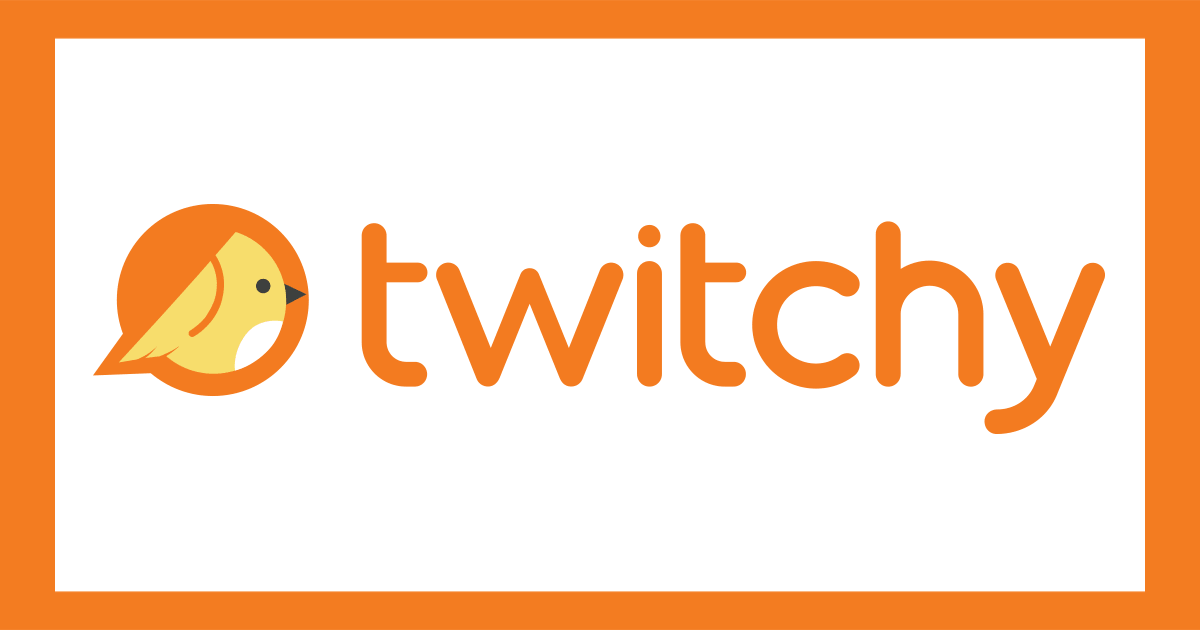CNN’s Alisyn Camerota got called out by a South African infectious disease specialist when she referred to a mutated strain of the coronavirus as the “South African variant” instead of by its scientific name, 501Y.V2
“I don’t mean to disparage South Africa,” she said. It’s just that it’s “a handy shorthand”:
CNN’s @AlisynCamerota on referring to a Covid strain as "the South African variant”: "I don’t mean to disparage South Africa. It’s just … a handy shorthand." pic.twitter.com/WLq2KzL934
— Tom Elliott (@tomselliott) February 3, 2021
You mean like how calling the original strain after Wuhan was “handy shorthand” but dismissed as racist? Anyway, it’s good to see them called out on their own rules as the WHO has criticized this nomenclature for a month now:
"I think it's important that we name these new variants appropriately and we don't call these the South African or UK variant. We need to use the names [B.1.351, B.1.1.7], because we don't want to stigmatize where the variants have been identified," –@WHO's @mvankerkhove #COVID19 pic.twitter.com/xmCtY6l9vv
— Global Health Strategies (@GHS) January 5, 2021
Here are the proper names, via the CDC:
- In the United Kingdom (UK), a new variant of SARS-CoV-2 (known as 20I/501Y.V1, VOC 202012/01, or B.1.1.7) emerged with a large number of mutations. This variant has since been detected in numerous countries around the world, including the United States (US). In January 2021, scientists from UK reported evidence[1] that suggests the B.1.1.7 variant may be associated with an increased risk of death compared with other variants. More studies are needed to confirm this finding. This variant was reported in the US at the end of December 2020.
- In South Africa, another variant of SARS-CoV-2 (known as 20H/501Y.V2 or B.1.351) emerged independently of B.1.1.7. This variant shares some mutations with B.1.1.7. Cases attributed to this variant have been detected in multiple countries outside of South Africa. This variant was reported in the US at the end of January 2021.
- In Brazil, a variant of SARS-CoV-2 (known as P.1) emerged that was first was identified in four travelers from Brazil, who were tested during routine screening at Haneda airport outside Tokyo, Japan. This variant has 17 unique mutations, including three in the receptor binding domain of the spike protein. This variant was detected in the US at the end of January 2021.
Recommended
Here’s where each of these variants has been found, so far:
2/3 As of Feb. 2, #B117 has been reported in 80 countries, #501yv2 in 41 countries, & #P1 in 10 countries, according to @WHO WER report https://t.co/XhDFE7DYGJ
— Jason Gale (@jwgale) February 3, 2021
Apparently, there is a “transition period” where you can name a variant after a geographic location before it becomes problematic. Who knew?
The South Africa ?? variant has an official code name – variant B.1.351. I won’t continue to call it the SA variant for much longer but will during a transition period.
I’m going to talk about the vaccine escape potential of B.1.351 shortly. (HT @mvankerkhove of @WHO) #COVID19 https://t.co/WXpGhy7MZA
— Eric Feigl-Ding (@DrEricDing) January 5, 2021
It does make sense to give these variants “shorthand” name, howevers, so we non-experts can keep them straight:
This is sad. People are so worried about getting offending people, that we can't use terms the public would understand easier. https://t.co/X1hrajSlaK
— Kyle Caesar (@KyleaCaesar) February 3, 2021
South Africa, in particular, seems pretty touchy about this variant getting named after their country:
Tell me again how nobody in South Africa cares about the name
“Top researchers say… labelling it “the South African variant” just because of the country’s in-depth analysis of the variant, is ***unjust and damaging***.”
— Apoorva Mandavilli (@apoorva_nyc) January 24, 2021
Exit question: Will anyone really care once an American variant is discovered? Because that’s coming.
***























Join the conversation as a VIP Member